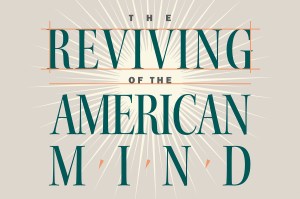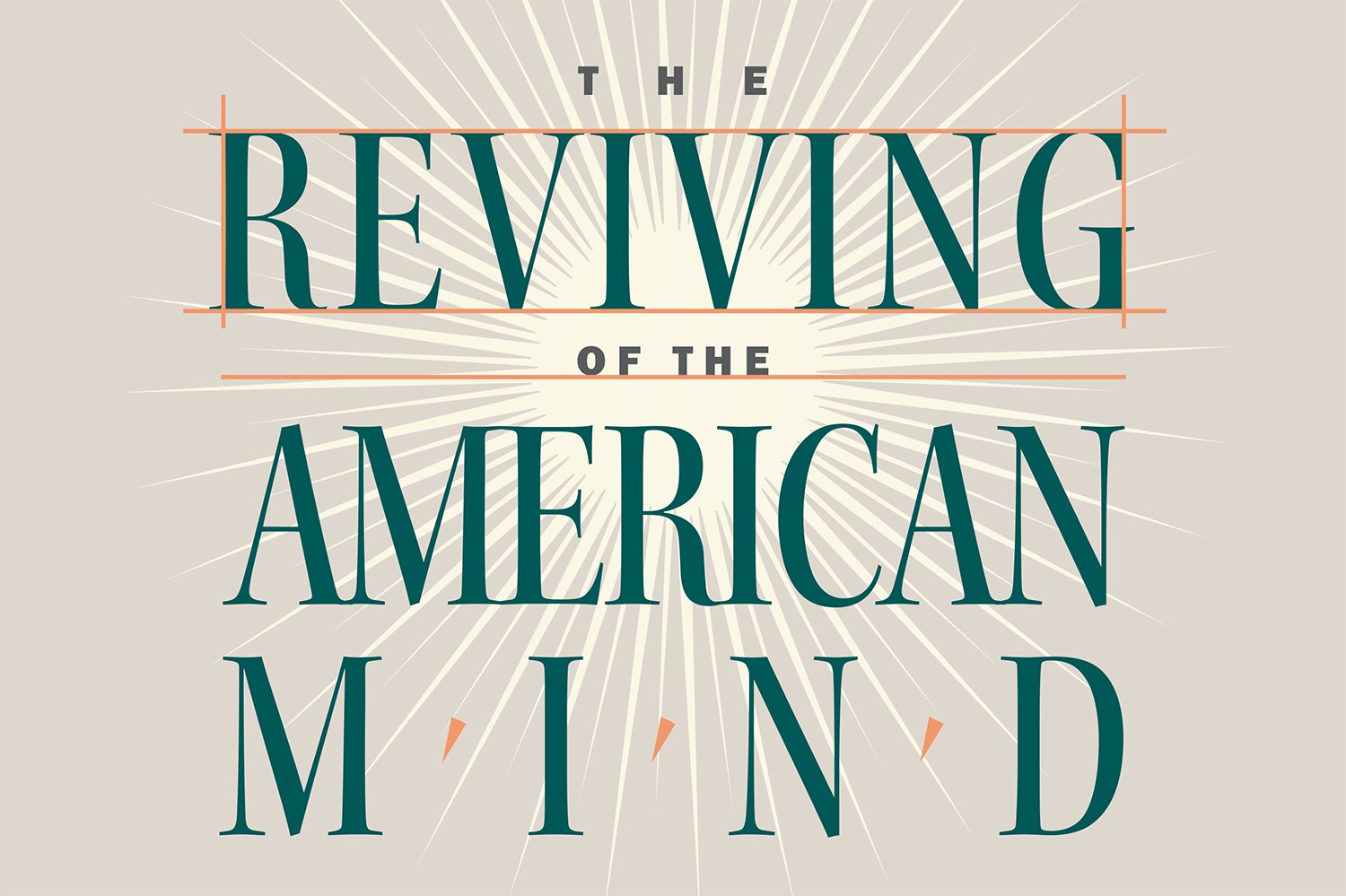A public school teacher for three decades, my mother kept me out of them for nearly a third of that time. Her refusal to allow me to partake of the public education system that paid her bills echoed a memorable quote of G.K. Chesterton’s: “Everyone goes to the elementary schools except the few people who tell them to go there.”
If the recent numbers are any indication, more people have followed her example. In 2019, about 2.8 percent of US students were homeschooled. By 2020, that number had jumped to 5.4 percent. And in 2021, it was up to 11.1 percent. Research from Stanford and the Associated Press places the overall increase in enrollment since the beginning of the pandemic at 30 percent.
Around the country, red-state politicians are taking notice. Governors Brian Kemp of Georgia and Greg Abbott of Texas have proposed voucher programs that could be applied to private school tuition or the cost of homeschooling. The $6500 voucher from Georgia and $8,000 from Texas don’t sound like much in the era of the significantly inflated dollar — certainly not enough to take one parent out of the workforce — but the calculus changes when one accounts for a net savings of anywhere from $10,000 to $30,000 on childcare costs related to after-school and summer support.
Back when I was homeschooled in the early 1990s — a period that covered approximately my second through tenth grade years (I didn’t go to kindergarten either, as my parents used that year for traveling around the United States) — the reasons for homeschooling in rural North Carolina were largely uniform: extremely religious parents wanted to ensure that their children received an appropriately religious upbringing. The homeschool conventions my mother and I attended were curious affairs, with vendors hawking Wisdom Tree Christian-themed Nintendo games and preternaturally happy families doing silly song-and-dance routines based on Old Testament stories. As New Testament numbers go, I have a fond memory of one very “churched” mother singing a surprisingly on-key song about Salome dancing before King Herod in order to win the right to ask for John the Baptist’s head on a platter (her husband and cherub-cheeked sons performed the accompanying slow, provocative dance). Perhaps somewhere else in the United States, others trained in the avant-garde educational philosophies of the 1960s were “unschooling” or “deschooling” their children, but I wasn’t aware of any; my mother represented an army of one in that particular conflict.
Today, however, there are a myriad reasons for keeping the kids at home: worries about Covid-19 transmission, irritation with Cobid-19 safety protocols (too many or too few), concern about critical race theory (too much or not enough), fears about school shooting and other safety issues, and so on ad nauseam. Black families, in particular, jumped ahead of the trend, with 3.3 percent of those families homeschooling their kids in 2019 against 16.1 percent by fall 2020 — a far easier way to create BIPOC-centered spaces and reduce racially-biased discipline than actually depending on urban public-school bureaucracies.
Perhaps this reflects the growing — and often grudging — recognition that little beyond family context can move the needle as far as educational outcomes are concerned. My parents placed a lot of faith in the conclusions of the 1966 Coleman Report, a government-commissioned study that found a strong link between family background and student achievement. The report also examined the relationship between school funding and academic outcomes and, controversially then as well as today, found that there was little evidence to suggest that increasing school funding alone would lead to significant improvements in academic performance. Although subsequent researchers attempted to qualify or challenge these findings, no one has disproven them. My own interest in public school finance — I wrote an entire dissertation on the subject — cratered after I arrived at this sobering conclusion.
My father used to argue that everyone was homeschooled, in one way or another, and most valuable learning happened while one was engaged in the act of doing. This was why he had no compunction about pulling my brother out of the 11th grade to run the parts department of his Chrysler dealership; he saw a bored young man who was falling asleep in his classes, a significant cost savings in terms of hiring a new employee, and a chance to train someone in the only field that interested them (a “win-win-win,” or a “win-cubed,” he would’ve said). Thirty-years later, my brother still works in parts and service, a field that has provided a good living for his family.
Although I was a decade younger, I nevertheless figured into that grand design: I would, per my father, run the front of the house, handling all the sales and marketing. Even at age eight, I would sometimes accompany him to work, watching him interact with customers — he was often the only salesman present — or helping with the entry of customer invoices on the “satellite-linked computer” (a rarity in 1990) and the wording of the advertisements (“Bateman Chrysler Plymouth Dodge has gone BATTY” was one of my Halloween-themed contributions, as was our motto, “Try us first, try us last, but just try us!”).
Admittedly, it doesn’t inspire confidence that a franchise car dealer would depend so heavily on the efforts of his young children. The dealership was eventually contracted, like many other Chrysler franchises with small planning volumes (the number of new vehicles a dealer is expected to sell within a given period of time) of that era. But for both me and my brother, time on the job beat time wasted sleeping in the back of classrooms, fighting with our classmates because we were “big and ornery,” or reading books unrelated to whatever we were assigned and then daring the teachers to call us out.
My mother, steeped in the progressive — one might daresay utopian — precepts of 1960s far-left pedagogy supplied something else, something homeschooling is uniquely suited to do: she let me structure the entire school day. If I wanted to spend all morning playing video games or reading wrestling magazines, that was fine, so long as I could offer some compelling explanation of what I had learned from those activities and then studied algebra, geometry, or — most important of all — business math in the evening (it was critical, my father insisted, that I be able to calculate future value, present value, compound interest, and so forth). She was trained only in the art of teaching, but believed, as French philosopher Jacques Rancière argued in the 1987 book The Ignorant Schoolmaster: Five Lessons in Intellectual Emancipation, that anyone could teach anything and that every person was capable of giving equal attention — if not necessarily equal intellectual effort, as processing power varied from mind to mind — to the subject at hand.
Her approach followed that of 16th-century French polymath Michel De Montaigne in the essays “On schoolmasters’ learning” and “On educating children.” “All we do is look after the opinions and learning of others; we ought to make them our own,” Montaigne complained. “We allow ourselves to lean so heavily on other men’s arms that we destroy our own force. … you need a strong backbone if you undertake to march shoulder to shoulder with [the great Greco-Roman philosophers.]” For me, that meant vindicating my own arguments. If I didn’t like Dickens’ Great Expectations, for some reason preferring the fantasy stories of George MacDonald, it was incumbent upon me to say why. It was never enough to answer with something like “experts say” or “many scholars claim this is a great work” or some such thing. My father would return home to press the point, emphasizing that no sale worth making was ever made merely by citing the facts in the product literature or a glowing review in Car and Driver.
I don’t think that either parent realized how well homeschooling would set me up for the future. I entered and exited public high school totally immune to peer pressure, and I had cultivated the most valuable skill of all: learning to be alone and happy in my room, pursuing my own studies and having incorporated the work of thinking into every aspect of my life. Like everyone else, I had moments of worry and anger, but I never had self-doubt, faced “imposter syndrome,” and so on — I was perfectly content with my self, such as it was. This notable lack of depression and self-doubt corresponds with research by education scholars Cynthia Drenovsky and Isaiah Cohen, which found that homeschooled students had much lower depression scores than their traditionally schooled peers, along with similar levels of self-esteem and greater academic success.
More importantly, as the nature of work changed in the fields in which I’m employed — formerly academia, but now marketing, just as my father had predicted — I’ve been well-prepared to become productive while working exclusively out of a large, well-equipped basement office in my home. I’ve been employed full-time and working fully remote since 2017, each year finding ways to optimize my output, incorporate exciting new writing projects into my deliverables, and generally pursue the myriad of interests I’ve maintained since my homeschooling days. Each of these subjects, from pro wrestling to strength training, now forms some component of my freelance writing; everything I do fits seamlessly, including educating my own three-year-old daughter, into a single, fully-rendered life.
The home, then, is indeed a haven in a heartless world. Although I am surrounded by stories of doom and collapse — just as my parents were during the brutal recession of the early 1990s when our family business was faltering — I can block out such concerns, performing my own work and caring for my own family. Other homeschooling families, no longer just the Ned Flanders-style evangelical Christians of my youth, perhaps now constitute the vanguard of an educational future that will turn their focus inward in order to prepare offspring for outward success. Today, as I listen to kvetching both pro and con about “bathroom bills” and the like, I can still recall the strains of a Velvet Underground song emanating from my brother’s bedroom, lyrics that would eventually serve as the quote beneath my senior picture in one of the few public-school yearbooks in which I ever appeared: “There are problems in these times, but, ooh, none of them are mine.” I remain, like Reds outfielder Pete Rose after he obliterated catcher Ray Fosse at the plate to win the 1970 All-Star Game, safe at home.
























